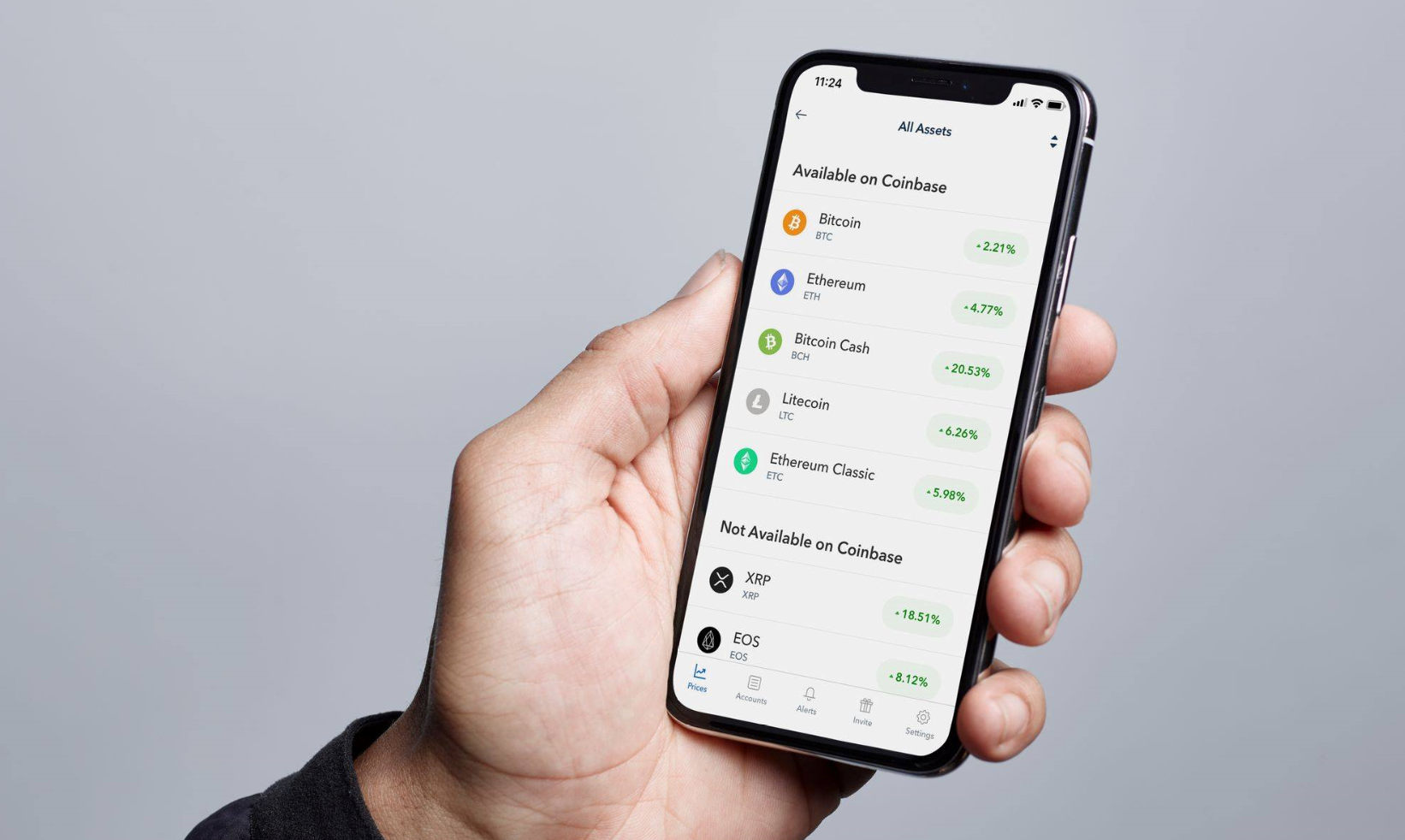What to Do if You Lose Your Crypto Wallet
While losing your crypto wallet might sound like the end of the world, there are some options for recovering your crypto.
May 17 2021, Published 4:52 a.m. ET

For new crypto investors, the idea of losing your crypto wallet can be a scary one. Unlike in regular banking, where you can easily recover if you lose your password or your account gets compromised, the laissez-faire world of crypto is a lot less forgiving. Thankfully, there are still ways to recover your crypto if you lose your wallet.
There are a few conditions that need to be met first, however. For one, there are different types of crypto wallets, and many of them have recovery options available to them (assuming you set them up in the first place). Here are the most common ways to recover a crypto wallet you’ve just lost.
Using a seed phrase
When you set up a crypto wallet, one of the first things you’ll receive is a seed phrase. Also known as a mnemonic seed, a seed phrase is a randomly generated series of 12 to 24 words that, when typed correctly, can be used to recover your crypto wallet in the off chance you lose your account. Your seed phrase is separate from your regular password used to access the account. Rather, it’s only to be used for recovery purposes.

Most wallets recommend that people write down their seed phrase and store it somewhere secure, usually in their home or in a safe. Keeping it on your computer isn’t recommended—if a hacker finds your seed phrase, they can steal all the crypto from your wallet. Therefore, never type your seed phrase into any website, as that’s a popular way for phishers to steal your account. If you forget or lose your seed phrase, then you’ll never be able to recover your account, so always make sure you have a backup somewhere.
If you enter the phrase correctly, you'll be able to recover all of your previous cryptos if you lost access to your crypto wallet. Seed phrases also aren’t crypto-specific, so you can use them to recover your entire portfolio of tokens.
Using a private key
You’ll often hear some people mention “private keys” in the context of crypto wallet security as well. In principle, private keys are similar to seed phrases, in that they're a recovery option. Unlike a seed phrase, which is a collection of 12–24 random words, a private key is a random string of numbers and letters.
The main difference is that while a seed phrase is used to recover an entire wallet, which might include several different accounts, a private key is specific to just that one account. In other words, if you use the most popular third-party wallet out there, MetaMask, you'll have only one MetaMask wallet that you need to log into with your regular password. Within that wallet, however, you can create as many separate accounts as you want. A private key is used to recover or import your crypto from a single specific account.
What if my crypto is already stolen?
The worst-case scenario would be if someone already stole your seed phrase or private key and drained your wallet. If that happened, you’re out of luck. Unlike a regular bank account, which has options available to help recover your money, the world of cryptocurrencies can be a lot less forgiving. That’s why it’s crucial to never share your seed phrase or private keys with anyone, especially over the internet.
